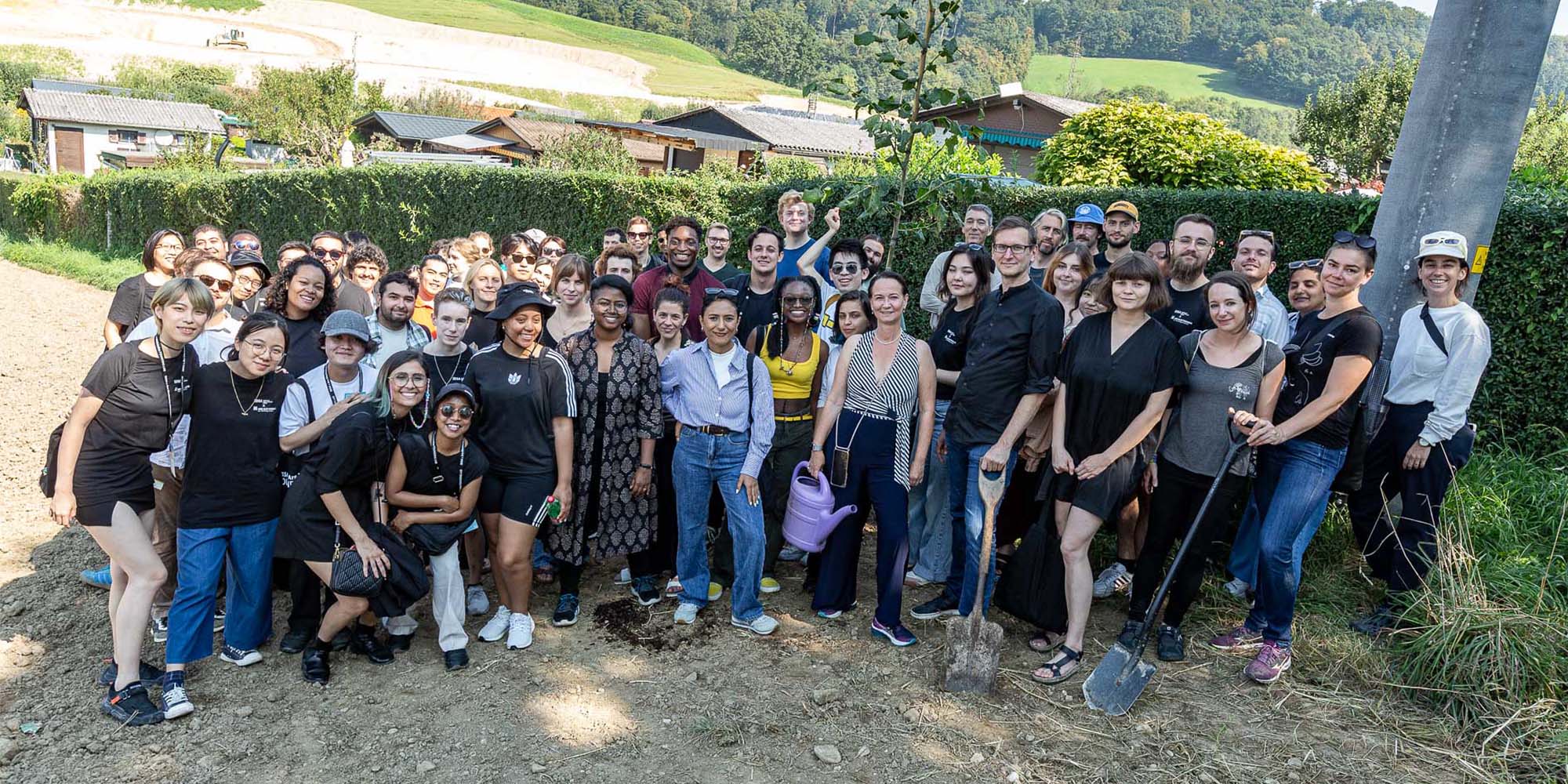New ways of knowledge, new ways of actions, and new ways of care for other people and for nature are constantly invading our everyday lives. Yet, contrary to the official narrative, what is whispered in the background has long and undeniably had an impact on our present lives. Regardless, our institutions, built on firm foundations, remain unchanged. Founded centuries ago, they have hardly evolved. But closer examination reveals cracks. And in these gaps and crevices, between concrete, marble and bronze, new ways of looking at and interpreting the world flourish.
A new beginning…
In our hectic and uncertain present, the traditional concept of the university has become inadequate and urgently needs to be revised. Only then can higher education contribute to a future that is different and better than the one that merely springs from our collective projection, which has been jolted by crises.
…which questions everything,…
We must question everything in this revision, shake everything up. It is crucial that we go – mentally – to the abyss, because ruins and wastelands are the best starting points for the great imaginative exercise that lies ahead. At the center of this is university, which must not be merely the next utopian proposal. It must and will become a reality. For the moment, it is still a “premature”, a “provisional” university, full of possibilities and riddled with doubts. What teaching methods should be prioritized at this new university? Should there be a focus on hands-on and collaborative projects? Should there be grades? How intertwined should the students and the institution be? How can its lecture halls become as inclusive as possible?
…to find their way to other answers
Despite its current problems and shortcomings, the university is an indispensable roof that protects researchers from storms. It is an irreplaceable and unique space for the exchange and development of knowledge. Its past, its inflexibility, and its current cracks attest to the need for a conversation that is as complex as it is urgent. As part of FOUNDING LAB, Ars Electronica and the Institute of Digital Sciences Austria commissioned 75 students from around the world to imagine a new university. One thing quickly became clear: this university will have to rely on criticism, it will have to make room for those who point out the cracks in the roof long before it threatens to collapse. This, in turn, means promoting and strengthening interdisciplinarity, permeability and collaboration. as part of the FOUNDING LAB, students tested precisely these practices using concrete topics as examples.

